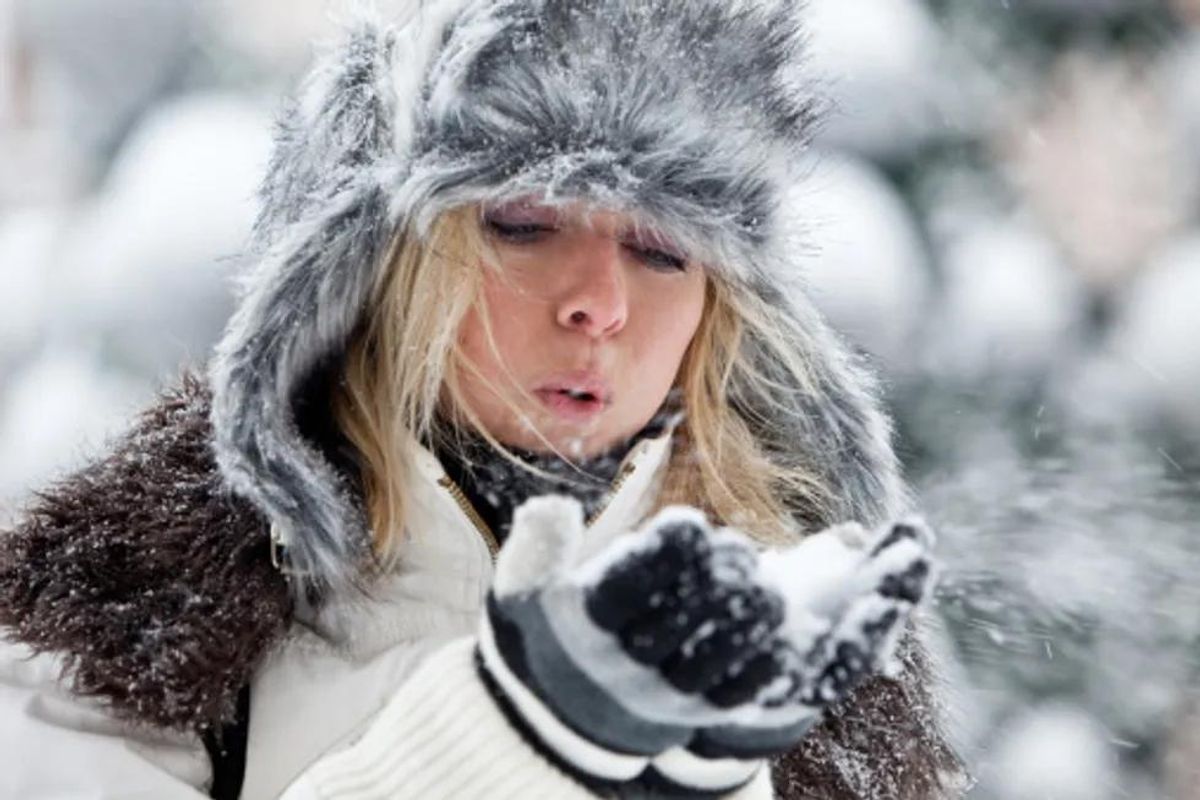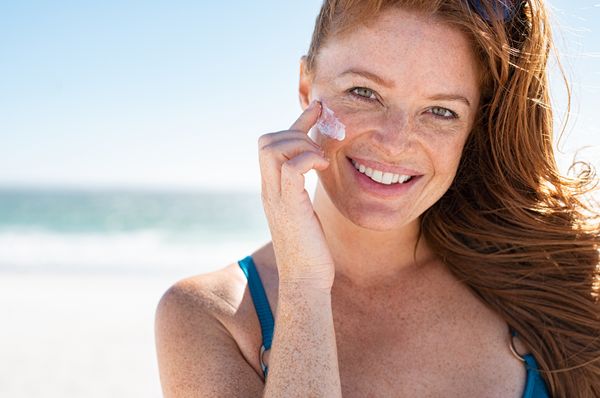Boots? Check! Parka? Check! Insulated gloves? Check!
Those of us living in cold climates have a mental checklist we run through to protect our bodies before stepping outside in winter. Yet the season brings challenges in mild zones as well. Humidity drops in wintertime, and the heating systems of our homes and workplaces suck up what little moisture is in the air.
You can often feel that it's winter, even when your body is warm enough. That's because when the humidity level drops below 60 percent (either indoors or outside), your skin starts losing the moisture it needs to stay comfortable. You feel as if you're shrinking—hands tighten, face stiffens, feet crack, legs and arms get dull or ashy—and you might feel relief only when standing in a hot shower.
So the answer to winter skin problems must be to take longer, hotter showers, right? Of course, that was a trick question: in winter, your showers should be short and lukewarm, and you should only wash the vital spots (you know what they are) on a daily basis unless you've been mucking in a horse barn all day.
More tips to end winter skin woes:
- To preserve skin oils, use very mild soaps (not deodorant or scented types) or non-soap bars or gels along with warm water.
- After a brief (5 to 10 minutes only) shower, pat yourself dry. Enthusiastic towel drying will leave your skin drier than it was before the shower, as will letting water just evaporate off of you.
- Moisturize your body right after your shower to seal in water, and repeat throughout the day. Best moisturizers are ointments, such as petroleum jelly (use a little and rub in well), and even vegetable shortening. Next most effective are oil moisturizers, including baby oil and mineral oil. Cream moisturizers come next, with lotions being the least effective.
- For faces, use a moisturizer with sunscreen; for lips, petroleum jelly or lip balm. You may need a heavier moisturizer than you use in the summer.
- Protect your hands by moisturizing them after each hand washing and wearing rubber gloves when immersing them in water.
- Electric blankets may remove skin moisture, so switch to more natural coverings. Avoid heavy clothing made from wool and other rough fabrics, which can irritate your skin.
- The sun still shines in winter. It's especially harsh in snow, which reflects as much as 80 percent of harmful rays, and in higher altitudes, which increase burn risk. Wear sunscreen that blocks both UVA and UVB rays, with an SPF of at least 30. For mountain sports, a face mask and goggles protect your skin from drying wind and frostbite.







